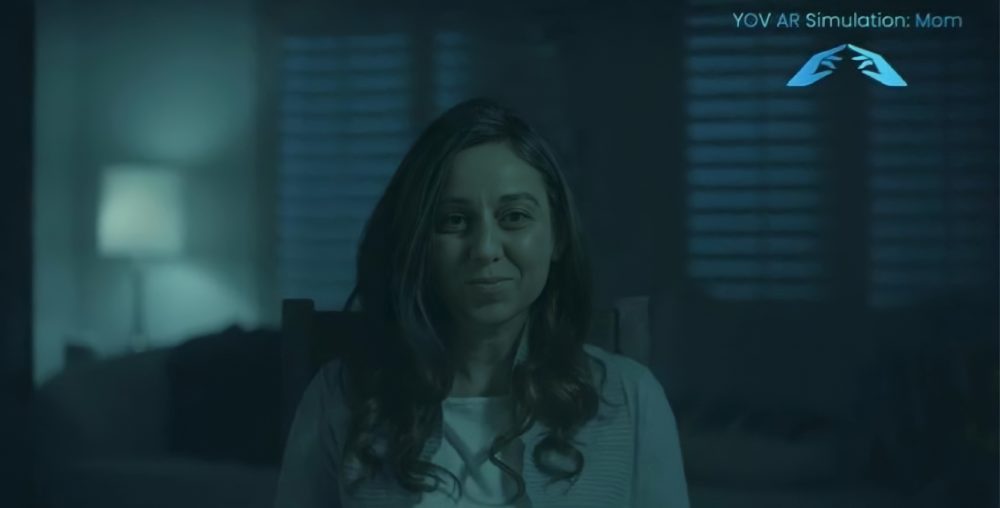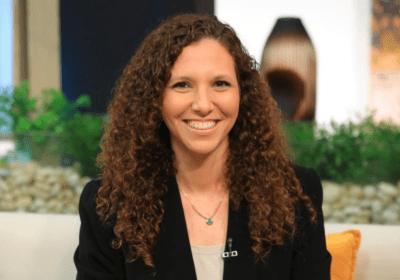Social media has permeated every aspect of our lives, and the emergence of digital afterlife technology companies such as You, Only Virtual have now begun to infiltrate whatever happens next.
Over the past decade, numerous ambitious companies have begun to offer various services in end-of-life care, aiming to support both the patient and the bereaved that they leave behind.
Gradually, these companies have expanded their target audience to include everyone – regardless of their perceived vicinity to death. However, as our society remains largely uncomfortable discussing the inevitable reality of our own mortality, the rise in these services has been largely excluded from casual conversation. As a result, it seems they’ve each found it difficult to gain a significant audience that would provide them with the traction to expand and thrive.

Cairo’s City of the Dead. Photo Via: Wikimedia
As the sector remains controversial, it seems many of them have failed to establish lasting success. These failures have been reflected by the companies that have briefly appeared in the media – featured in publications like The Guardian and The Financial Times – only to then disappear shortly afterward. This was the fate of such ambitious companies as Legacy Locker and LivesOn.
Not all digital afterlife companies are created equal.
There is a huge range in what they offer. Some companies like Legacy Locker, Cirrus Legacy, and Secure Safe only advertise a service that keeps your passwords and personal files secure until it is notified of your death – whereupon they forward all the stored information to a chosen person. Others, like MyWishes, store files and farewell videos to send to your loved ones upon your passing.
The most extreme service yet, offered by Los Angeles-based startup “You, Only Virtual” (YOV), was launched in March 2021. The app is currently in beta testing and available through invitation only – although you can sign up on their website!

Photo Via: Visual Hunt 1049
In signing up, you invite four of your closest friends to join your circle. From there, the app’s technology tracks all of your interactions to gauge your individual social dynamics, conversational idiosyncrasies, and word selection. For this reason, the app must be downloaded and in use for a significant amount of time before the user’s passing – as its technology creates and adjusts your personality profile in real-time. The app then uses this information to create a holistic idea of your personality and style of communication – what they call a “persona.”
This persona, once completed, will be able to continue all your interactions once you’ve passed away. Your loved ones will be able to contact you through text, audio, and video chat. That’s right, video chat.
Their unique selling point is that it maintains different interactions with each separate person in their circle – honoring the distinctiveness of each dynamic.
The app is free to join and set up. However, once the persona has been created and is in use, subscription charges can apply.
Is this app even a good idea?
YOV’s mission is to alleviate grief and bereavement. Moreover, CEO Justin Harrison mentioned that once signed up, users often become more thoughtful and genuine in their virtual interactions.
However, some might criticize that the app’s founders are attempting to capitalize on an extremely personal and emotional experience. Moreover, the app could foster a dependence on its services – which users are required to continue to pay for. In this sense, it has the potential to hinder the progress of someone’s grieving and bereavement.

Still from the Black Mirror episode “Be Right Back.” The episode explores the dangers of ‘staying in contact’ with a loved one after their death
Finally, little is known about the long-term psychological effects of engaging with a service such as YOV. In fact, there was a Black Mirror episode that aimed to outline the dangers of this emerging technology. The episode begins with a grieving woman whose partner suddenly dies in a car accident, and then explores her subsequent reliance on and unhealthy relationship with an app that allows her to speak to a virtual version of her dead boyfriend.
The popular Netflix series, is of course known for tackling the dangers of our reliance on technology, the potentially detrimental effects of rapid technological advancement, and its gradual encroachment on our lives. Even though it’s set during an imagined near future, it seems we are closer and closer to some of these episodes turning into our reality. Beyond Black Mirror’s extreme popularity, it has raised pertinent questions and provoked uncomfortable discussions about any limits we should aim to impose. Explicitly, it has primed us to be more discerning about what types of technological progress we may consider positive.
Through this lens, we are perhaps able to approach apps like YOV with more caution. We’re living in the future, but is that necessarily a good thing?




























